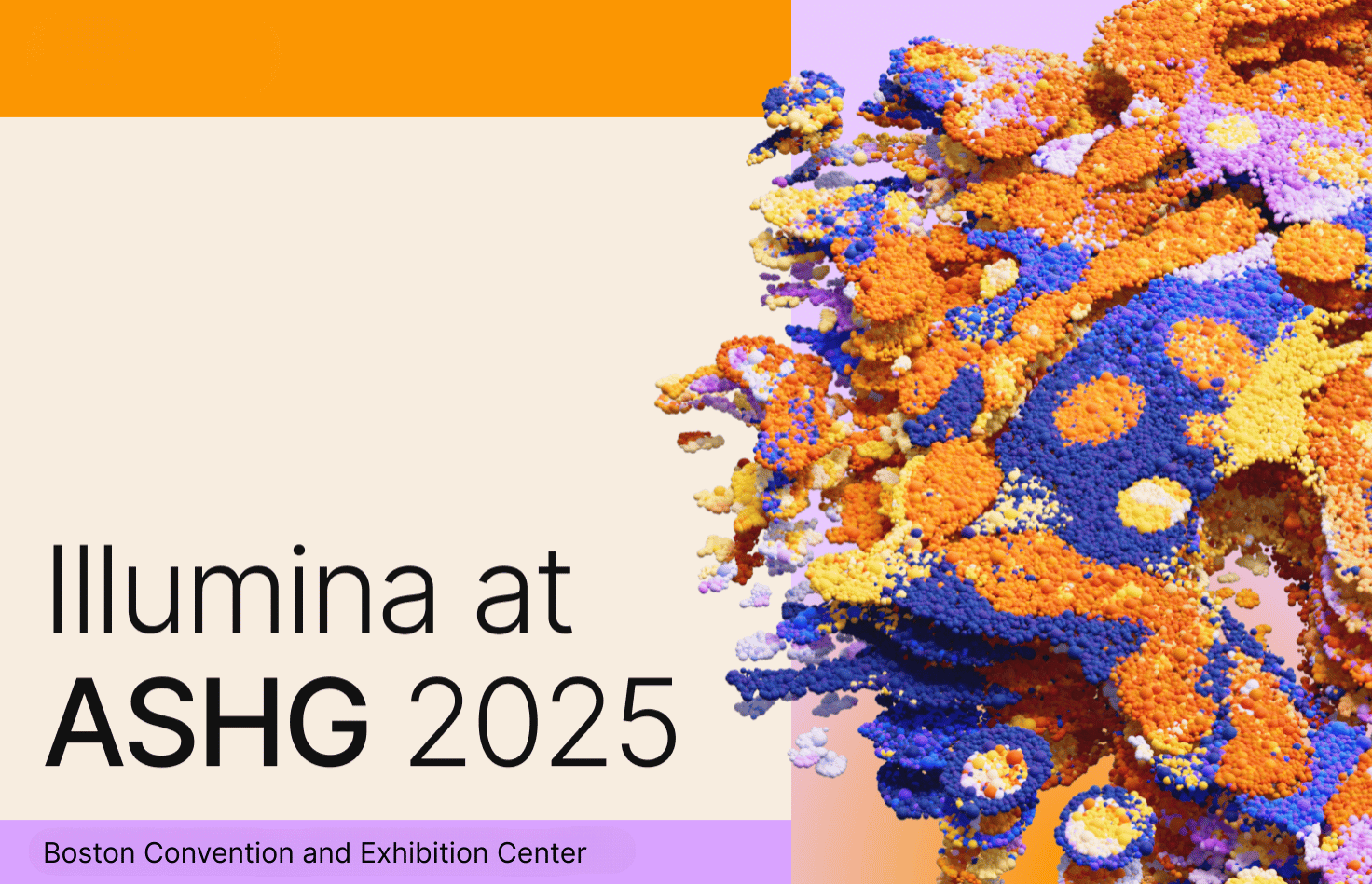
Details
Recent advances in DNA methylation profiling have transformed our understanding of epigenetic regulation and its role in human health and disease. Methylation arrays, particularly those based on the Illumina Infinium platform, have enabled high-resolution, cost-effective interrogation of the methylome across large cohorts, linking environmental exposures and genetic predispositions to disease risk.
Large-scale epigenome-wide association studies (EWAS) using methylation arrays have uncovered robust biomarkers associated with cancer, neurodegenerative disorders, and cardiometabolic diseases. These findings are being integrated into predictive models for early detection and risk stratification, offering actionable insights for clinical research and population health. The breadth of public datasets and mature analysis pipelines continues to accelerate biomarker validation and reuse across studies.
Arrays have enabled researchers to quantify durable methylation signatures of diet, pollution, tobacco smoke, stress, and other exposures at scale, clarifying how environment shapes disease susceptibility over the course of one’s life. This work also underpins epigenetic clocks and exposure indices that support personalized risk assessment in large cohorts.
Methylation arrays now power robust classifiers—most notably in central nervous system (CNS) tumors—that distinguish histologically similar entities and refine prognosis, with emerging cross-platform frameworks extending applicability across datasets and sites. These advances demonstrate how array-derived methylation signatures can enhance diagnostic accuracy and guide research on therapeutic stratification.
Together, these developments underscore the central role of methylation arrays in advancing epigenetic research—from deciphering environmental imprints to enabling precise disease subtyping—and they are accelerating the translation of epigenetic knowledge into clinical and public health applications.
Speaker

Lucas Salas, MD, PhD, MPH
Asst Prof of Epidemiology, Geisel School of Medicine
Dartmouth College
Get instant access to the webinar—just fill out this quick form.
Your email address is never shared with third parties.
- Date & Time
- Oct 16, 2025
- Presenter
- Lucas Salas
- Topic
- Software & informatics, Instruments